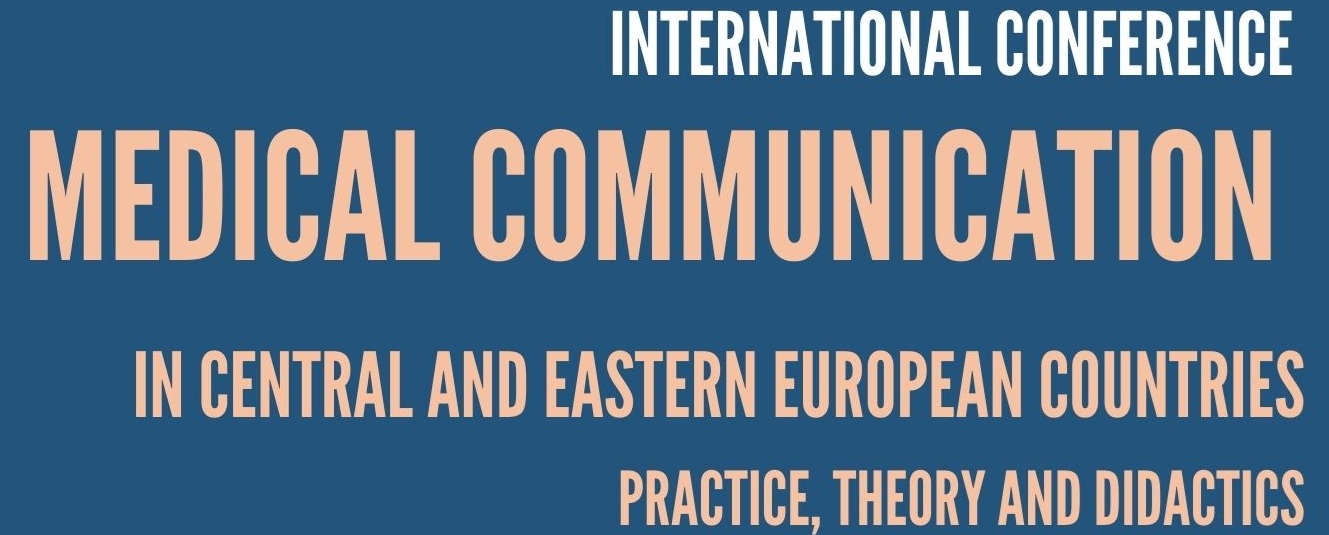PÅL GULBRANDSEN
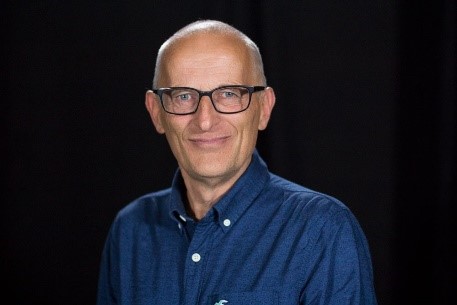
KEYNOTE SPEAKER
Pål Gulbrandsen is a professor of health services research at the University of Oslo and Akershus University Hospital. He is an MD specialized in public health and general practice. He has published >130 original research papers spanning a wide range of topics and high-impact journals. His main interests have been doctor-patient communication and relationships, medical and shared decision-making, and the interplay between the patient’s life, symptoms, ill-health, and coping. He works interdisciplinary, with doctors, other healthcare providers, linguists, psychologists, and social workers. He has disseminated research findings widely. He received in 2021 the EACH International Association for Communication in Healthcare Teaching Award for his contributions. He has received funding and lead several large research projects including RCTs, surveys, and qualitative studies. He has given invited lectures in several countries and major conferences, and his work has been an important lever for a major reform of specialist training in Norway.
Achievements
2020 EACH International Association on Communication in Healthcare Teaching Award
PI of eight large research projects, including RCT’s, surveys, and qualitative studies.
>190 records in PubMed, 135 are original publications, the rest editorials or comments. >8000 citations, >4000 since 2020. H index 45.
Published two books in Norwegian, authored a textbook on clinical communication (“Tailored Talks”, 2014, 2nd ed 2019) and edited a book on shame in medicine (“Shame in the Medical Room”, 2006). Book chapters, essays.
Invited presentations at International Forum on Quality and Safety (Paris 2014), World Cancer Congress (Paris 2015), International Conference on Communication in Healthcare (Baltimore 2017), European Society for Radiotherapy and Oncology (Vienna 2020). Academic lectures at 10 international universities, teaching at or leading >10 international workshops, >500 presentations for all kinds of audiences (mainly healthcare personnel, academics, and lay people).
ELIZABETH RIDER
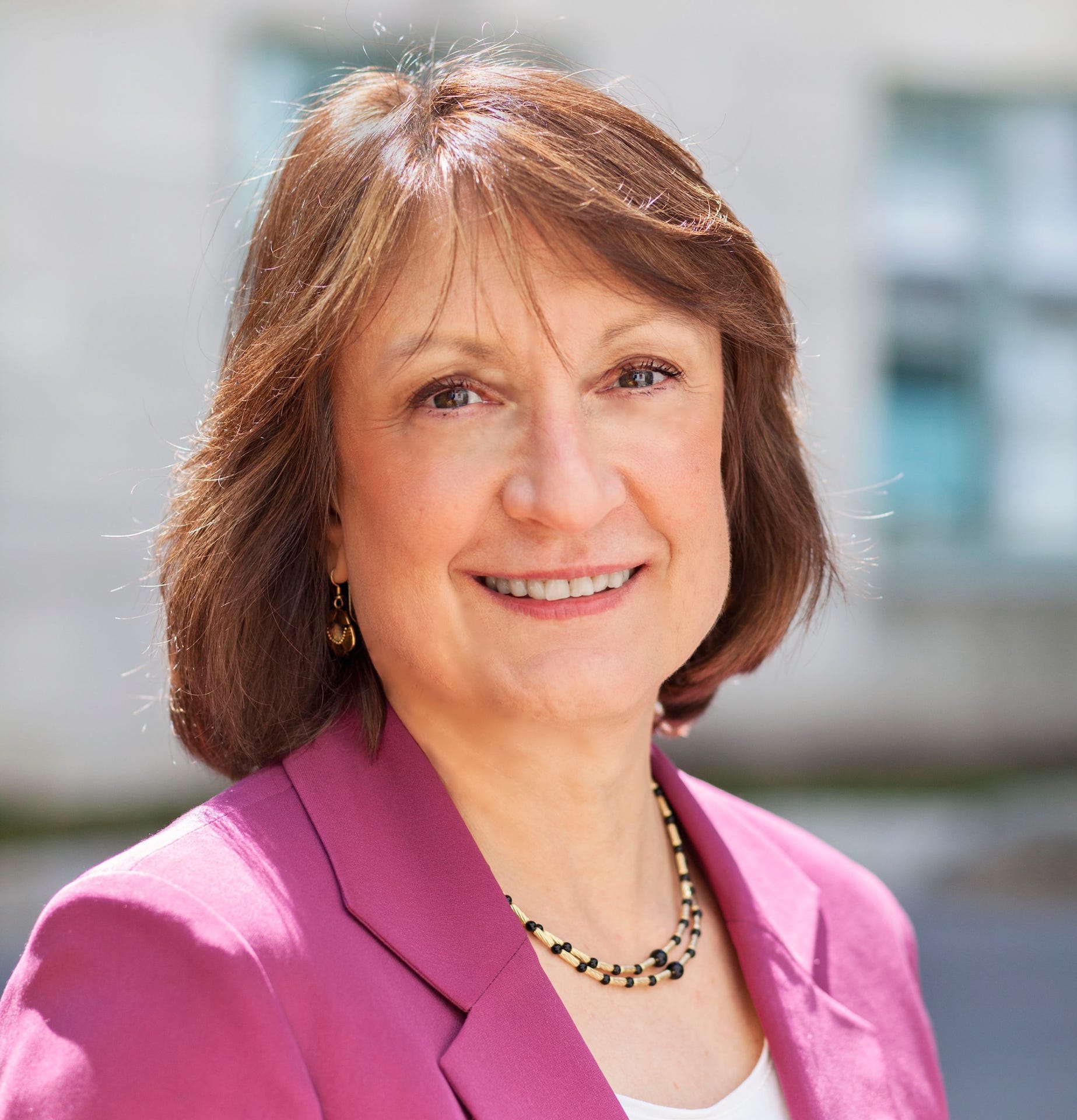
Dr. Elizabeth A. Rider, MSW, MD is a pediatrician and medical educator, leader of the Transforming Healthcare Relationships Project, and founder and Director, Boston Children’s Hospital / Harvard Medical School Faculty Fellowships in Humanism and Professionalism, and Interprofessional Leadership. She served as Director of Academic Programs for the former Institute for Professionalism and Ethical Practice (2007-2020), and directed the international course, “Difficult Conversations in Healthcare”, for 15 years.
Dr. Rider is on the faculty of Harvard Medical School and the Harvard Macy Institute (Boston, Massachusetts, USA). She completed her MD degree at Harvard Medical School, MSW degree at Smith College, pediatric residency training at Boston Children’s Hospital, and fellowship in general academic pediatrics at Massachusetts General Hospital. She brings her experience as a physician and former child and family therapist to her leadership, teaching, and research roles.
Dr. Rider is a Senior Fellow of the National Academies of Practice (US) where she has held various leadership roles including Chair of the Medicine Academy and Vice President of Partnerships and Networking. She is a co-founder of the International Consortium for Communication in Healthcare (IC4CH) and leads the International Charter for Human Values in Healthcare initiative, an interdisciplinary collaborative effort to restore attention to core values and skilled communication in healthcare.
Dr. Rider has been recognized internationally for her work and has served as an invited speaker and consultant in 10 countries. Her current academic and research activities include relational learning, values, communication skills, professionalism, and medical /interprofessional program development, as well as national collaborative, multi-site studies to identify promoters and barriers to humanistic practice and education, and humanistic leadership and organizational culture change to mitigate burnout and enhance wellbeing. She is an Associate Editor for Patient Education and Counseling, and lead author of the book A Practical Guide to Teaching and Assessing the ACGME Core Competencies (2007 & 2010).
AGNES KUNA
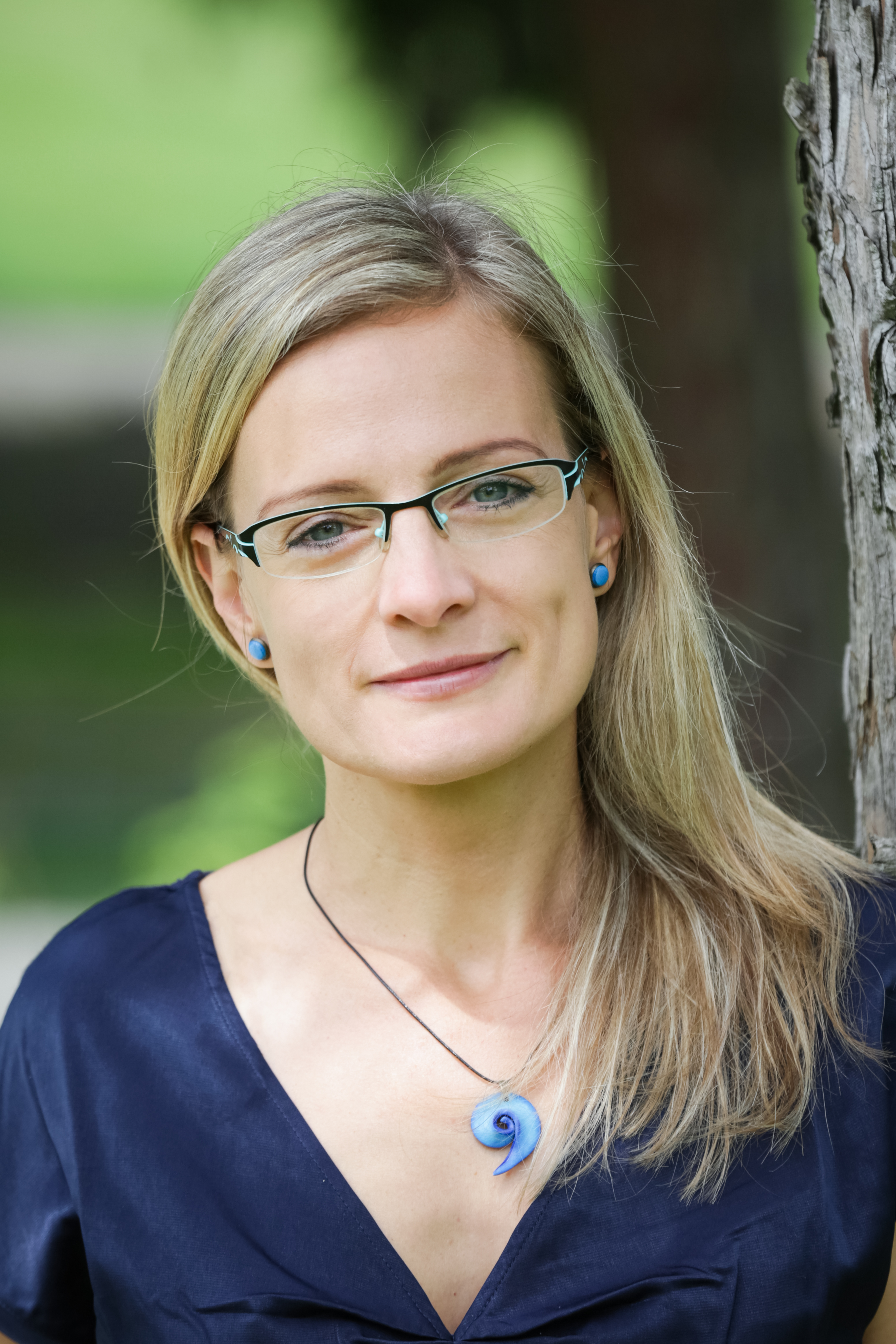
Ágnes Kuna is an associate professor and head of department at the Department of Applied Linguistics and Phonetics, Eötvös Loránd University, and also the founder and leader of the MediLing Research Group. Her main research interest is the linguistic study of doctor-patient interaction and the historical development of medical language. She is also a member of an international collaborative project devoted to the analysis of conflict narratives among healthcare professionals. Furthermore, she is part of the Next Generation Partnership Research Network at Hamburg University (Project topic: Agency in Multilingual Health Care). In 2024 she published two monographs about doctor-patient communication and about the historical development of medical recipes.
GORDANA DEDIĆ
Gordana Dedić is a neuropsychiatrist, subspecialist of psychotherapy, and retired full professor at the Military Medical Academy Belgrade. She completed her medical degree (1982) and master's degree (1989) at the Faculty of Medicine University of Belgrade. She specialized in neuropsychiatry at the Military Medical Academy (1991), where she completed her doctoral degree (1998). As a specialist neuropsychiatrist, she completed a postgraduate study (sub specialization) in psychotherapy (2008) at the Faculty of Medicine University of Belgrade and additionally education in psychoanalytic psychotherapy (she is an owner of National and European certificates of psychotherapy). Currently, Prof. Dedić continues to contribute to the field of psychiatry and psychotherapy by teaching at the Center for Psychotherapy Studies in Belgrade and maintaining is working as psychiatrist and psychotherapist at private practice. Throughout her career, Prof. Dedić has held significant positions, including serving as the head of the Day Hospital at the Clinic of Psychiatry of Military Medical Academy. She has been a professor at the Faculty of Medicine of the Military Medical Academy University of Defence Belgrade, teaching Psychiatry, Ethics in medicine and Communication skills on integrated and doctoral studies, as well as master's programs in psychotherapy at the Faculty of Legal and Business Studies in Novi Sad. Actually, she is a vice president of the Serbian Royal Academy of Innovative Sciences (SKAIN) and a vice president in Serbian Psychotherapist Associations. Professor Gordana Dedic is the author of over 170 professional and scientific papers, along with ten books. Some of her latest published books are: Ethics in medicine (2015), Suicide in military environment (2015), Communication skills in medicine (2019) and Ethics in Psychotherapy (2024).
SARKA TOMOVA
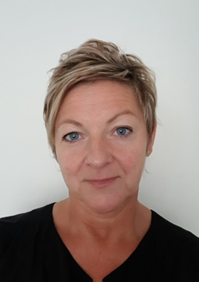
Sarka Tomova completed her studies in Pedagogy - Nursing at the Faculty of Philosophy at Charles University. She has participated in training initiatives for health worker education. For the last 20 years, she has been employed at the Second Faculty of Medicine of Charles University, contributing to the undergraduate education of aspiring doctors, particularly in the field of communication. Another key aspect of her work is educating doctors on how to teach effectively and efficiently. This task represents the primary accomplishment of the Center for Communication and Pedagogical Competencies at the Second Faculty of Medicine, where she holds the position of head. She serves on the Pedagogy board, the advisory group for the Rector of Charles University, and collaborates with universities throughout the Czech and Slovak republics.
NATALYIA HALIYASH
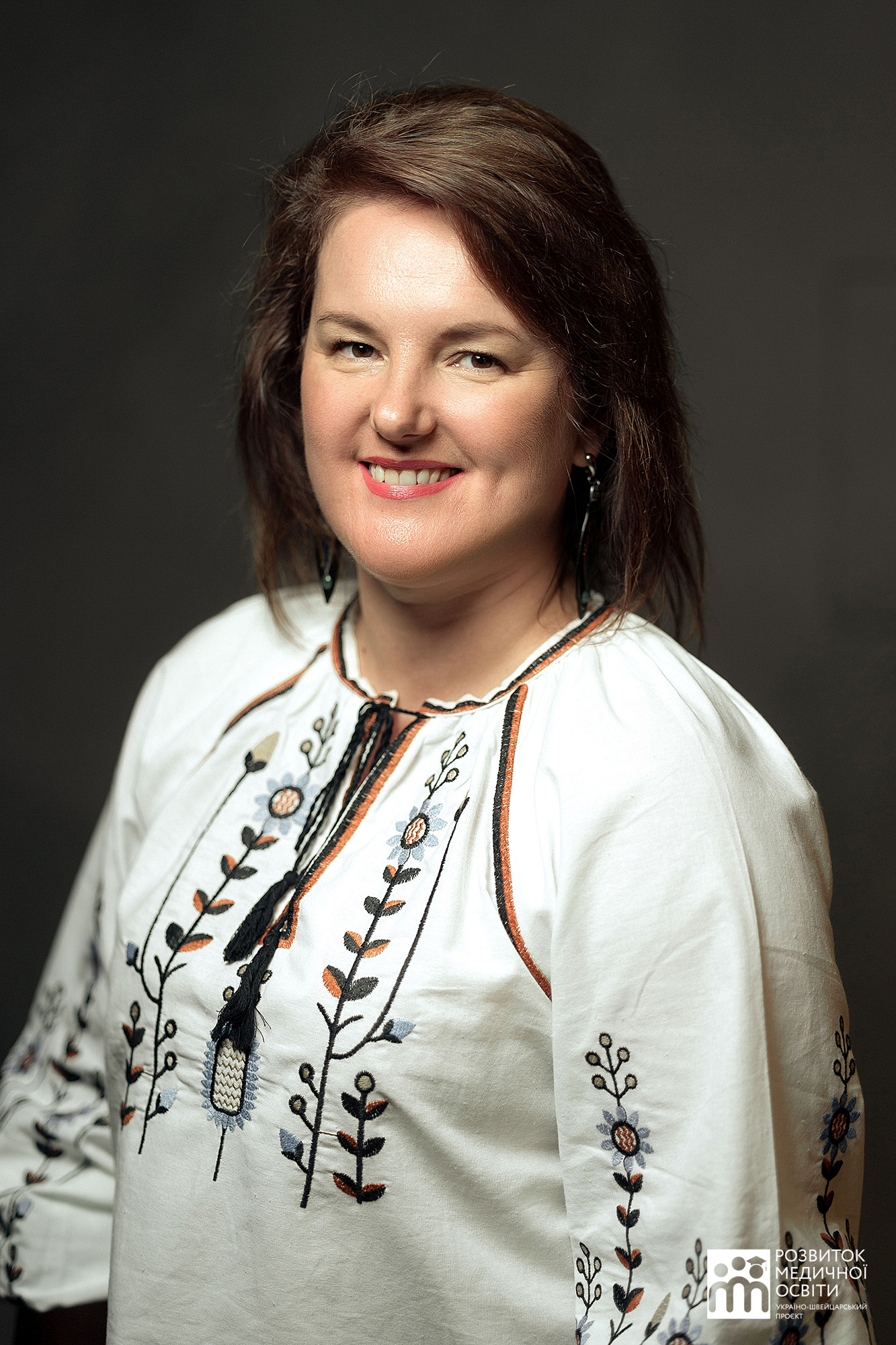
Dr. Nataliya Haliyash, MD, PhD, is an Associate Professor at the Department of Pediatrics No.2 at I. Horbachevsky Ternopil National Medical University and a visiting physician at Ternopil Regional Pediatric Hospital. With over 22 years of medical experience and 20 years in academia, she specializes in pediatrics, pediatric immunology, and infectious diseases. She holds the highest medical category in pediatrics and actively contributes to both clinical practice and medical education.
Dr. Haliyash has participated in numerous international training programs, including specialized courses in pediatric pulmonology, immunology, and medical education in Poland, Austria, Canada, and the Netherlands. She is an experienced instructor in simulation-based medical training and has obtained certifications from leading institutions, including McEwan University (Canada) and the State University of Medicine and Pharmacy (Moldova).
Dr. Haliyash is a dedicated expert in medical communication, playing a key role in shaping communication training for future healthcare professionals. She is the co-author of the textbook "Communication Skills in Medicine" (Ternopil: TNMU, 2021), which serves as a foundational resource for medical students and professionals. Recognizing the critical role of effective communication in clinical practice, she developed the "Communication Skills in Medicine" course at Ternopil National Medical University (TNMU), ensuring that students receive structured training in patient-centered communication, empathy, and professional interactions.
Beyond curriculum development, Dr. Haliyash has led the project “Students’ Insights for Advanced Medical Communication Curriculum Design”, an initiative aimed at assessing and improving communication competence among medical students. Through research-based analysis, she has explored students’ expectations, learning experiences, and self-assessment of their communication skills. Her work highlights the necessity of integrating comprehensive communication training into medical education, reinforcing the importance of patient-doctor dialogue in delivering high-quality healthcare.
CODRUTA POPESCU
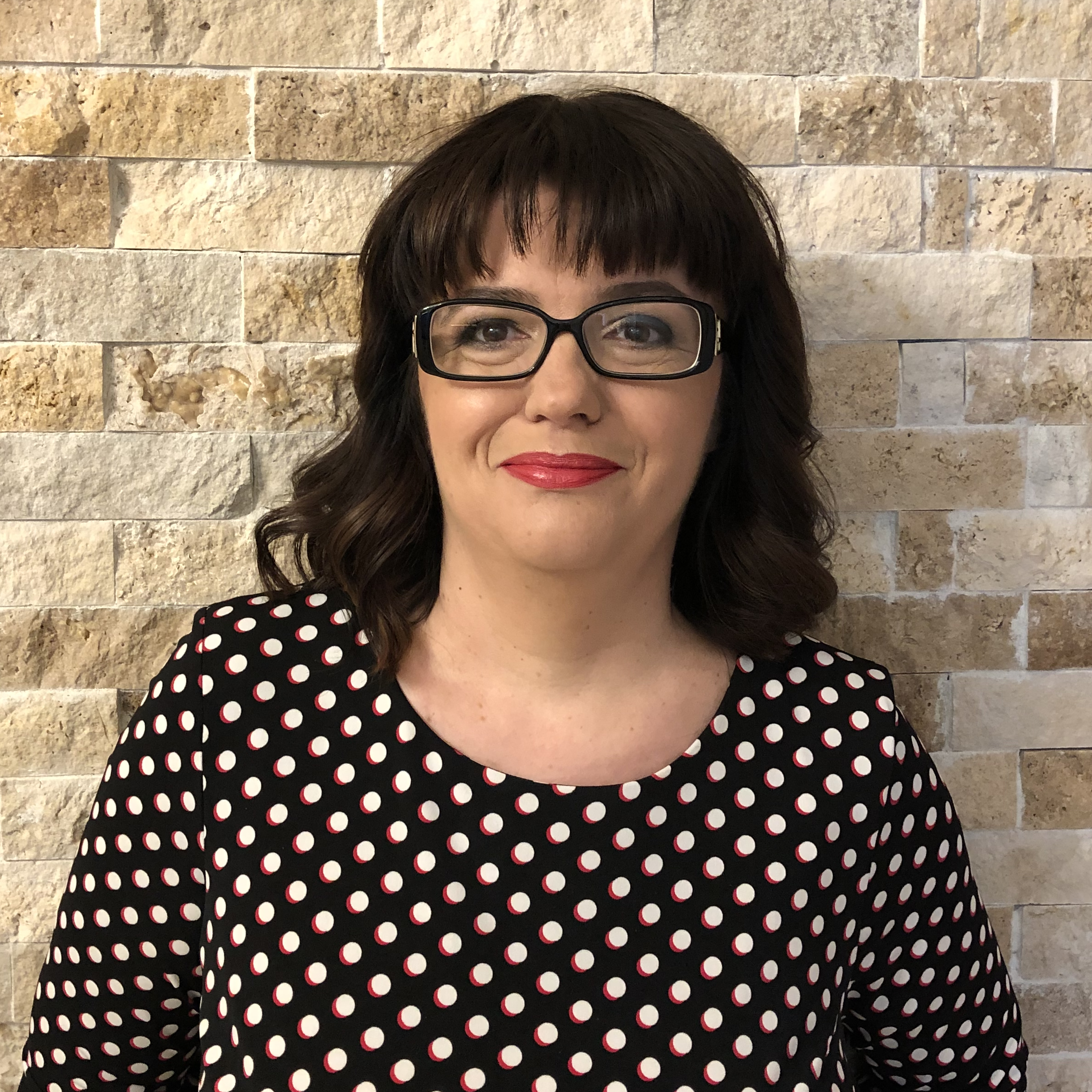
Prof. Codruța Alina Popescu, Ph.D., is an expert in medical communication, bioethics, and clinical psychology. She began her career as a clinical psychologist in psychiatry, where she specialized in cognitive and personality assessments, gaining firsthand experience in patient interactions within mental health settings. This early work laid the foundation for her enduring interest in communication within healthcare, particularly in high-stakes and emotionally sensitive contexts.
Currently a professor at the University of Medicine and Pharmacy ‘’Iuliu Hatieganu’’ Cluj-Napoca, Romania, she teaches Medical Communication and Bioethics, integrating psychological principles with ethical considerations to enhance patient-provider interactions. Her research focuses on effective communication strategies in healthcare, particularly in emotionally challenging situations such as breaking bad news, managing patient distress, and supporting healthcare professionals in high-stress environments. She has played a key role in developing simulation-based training programs, including immersive 360-degree learning environments designed to improve communication skills in medical education, with a special emphasis on pediatric settings.
In addition to her academic role, Prof. Popescu serves as the Director of the University’s Counseling Center, where she oversees initiatives aimed at improving communication in crisis situations and supporting students’ psychological well-being. Her research also extends to understanding factors affecting student mental health and academic performance, with a focus on resilience-building and support systems in medical education.
Another significant area of her research explores the migration of healthcare professionals, analyzing its impact on medical education, workforce distribution, and patient care. She has contributed to studies that assess the challenges and ethical considerations associated with the mobility of medical professionals across different healthcare systems.
Prof. Popescu has been actively involved in international and national research projects, collaborating on initiatives that address patient-centered communication, healthcare simulation, interdisciplinary teamwork, and workforce dynamics in medicine. Through European-funded programs, she has worked on innovative teaching methodologies in medical education, ensuring future healthcare professionals are equipped with the necessary skills to communicate effectively and ethically.
MARIJA PETEK ŠTER
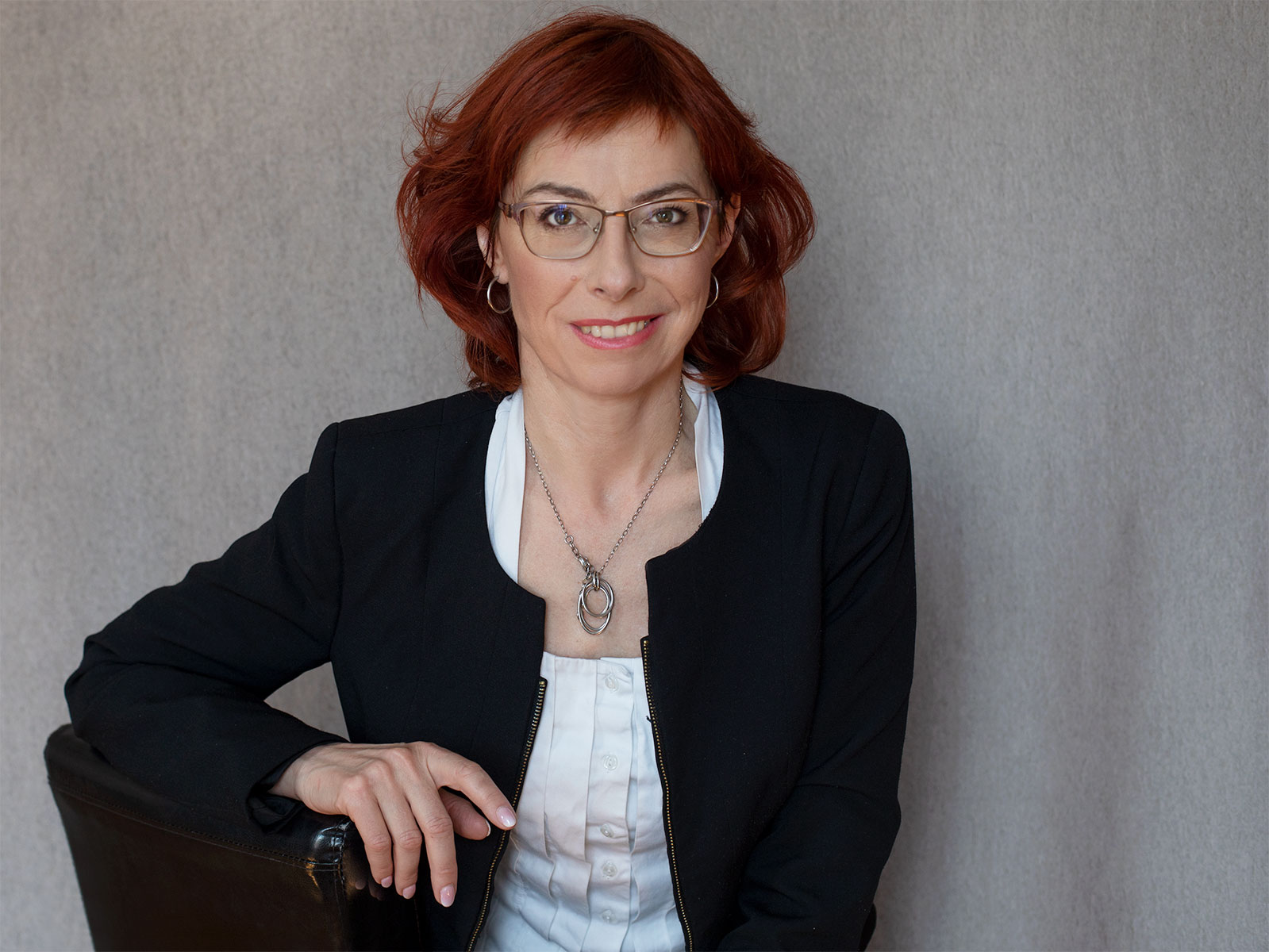
Marija Petek Šter, Professor, Faculty of Medicine, University of Ljubljana, a specialist in family medicine. She graduated from the Faculty of Medicine of the University of Ljubljana in 1995. Masters in 2002, PhD in 2015 at the University of Ljubljana. Worked in Medical Center Zdravje and faculty of Medicine, University of Ljubljana. Since 2022, she has been the head of the department of family medicine. Her main area of interest is family medicine with special interest in cardiovascular diseases and education. In recent years, she has been involved in teaching early patient contact and she is the lecturer of an obligatory subject “Communication" for first-year medical students. She is a national coordinator for specialty training in family medicine and vice-coordinator of doctoral study in Public health at University of Ljubljana. She led many national and international research and applicative projects. She is an author of more than 100 articles publishes in international and national journals.
VLADIMIRS VOICEHOVSKIS

Associate Professor of the Dept. of Internal diseases, Head of Military Medicine lecturers’ group, Medical Faculty, Riga Stradins University (RSU), Dr.med. Vladimirs Voicehovskis received his medical degree in 1985 (RSU), worked as an oral-maxillofacial surgeon, later specialized in clinical toxicology, anaesthesiology and reanimatology. Since the 2000-s, delved into the biochemistry of stress and PTSD, graduated in Clinical psychopathology, psychiatry and psychopharmacology and Psychodynamic psychotherapy. Received his Ph.D. degree for the thesis “PTSD and oxidative stress parameters assessment and correction by means of antioxidants in Contingent of international operations”. Later specialized in Medical communication (courses in Royal College of Surgeons in Ireland and Cambridge University). Study course “Medical communication” author and supervisor since 2013.
Scientific interests:
- Extracorporeal detoxification,
- Oxidative stress,
- Vascular ageing,
- Military medicine,
- Stress,
- PTSD,
- Medical communication,
- Quality of life.
Author of more than 160 scientific publications, 10 International and Latvian patents. Participates in the organization of international scientific congresses, the ESF and ERAF projects. Expert of the Latvian Council of Science in Medicine. Member of RSU Senat.
Member of:
- IATSIC ((International Association for Trauma Surgery and Intensive Care))
- EACH (European Association for Communication in Healthcare)
- IMTA (International Medical Translators Association)
- founding member of ESCAN (European Stress and Anxiety Network)
- Philister of Corps! Fraternitas Arctica.
Was awarded the Latvian State, National Guard and Latvian Officers Association Awards.
ILINA DOYKOVA
.jpg)
Ilina Doykova has worked primarily at the intersection of academic discourse and corpus linguistics, with a focus on English and Bulgarian for specific purposes. In addition to her expertise in teaching English and Bulgarian for healthcare professionals, she has a strong research interest in English for Academic Purposes (EAP) and technology-enhanced learning.
Ilina Doykova studied English and Bulgarian Philology at the University of Veliko Tarnovo and Bulgarian as a Foreign Language at Sofia University, Bulgaria. She holds a doctoral degree in Linguistics (Germanic Languages) and is currently an Associate Professor of English for Medical Purposes. She is also the head of the Department of Foreign Languages, Communication, and Sports at MU-Varna.
Before joining the Medical University of Varna, Ilina Doykova held academic positions at Varna University of Management as an Academic Director, the English Departments of the University of Applied Sciences in Hamburg, Germany and the University of Economics in Varna, Bulgaria, where she delivered courses in English for specific purposes.
She has extensive experience in both face-to-face and online teaching. Over the past ten years, her teaching has focused on courses in Teaching English to Healthcare Professionals (EMP). At MU-Varna, she has led and contributed to the development of the following teaching modules:
- English for Medicine
- English for Dentistry
- English for Pharmacy
- English for Academic Research
- English for Eye Care Practitioners
- English for Cosmetologists
She is a member of the award-winning “HELP - Healthcare English Language Programme” project team (HELP 2 project), funded by the European Union and author of four ESP textbooks.
Personal scientific identifier:
ORCID: 0000-0002-7086-5400
ALBENA DOBREVA
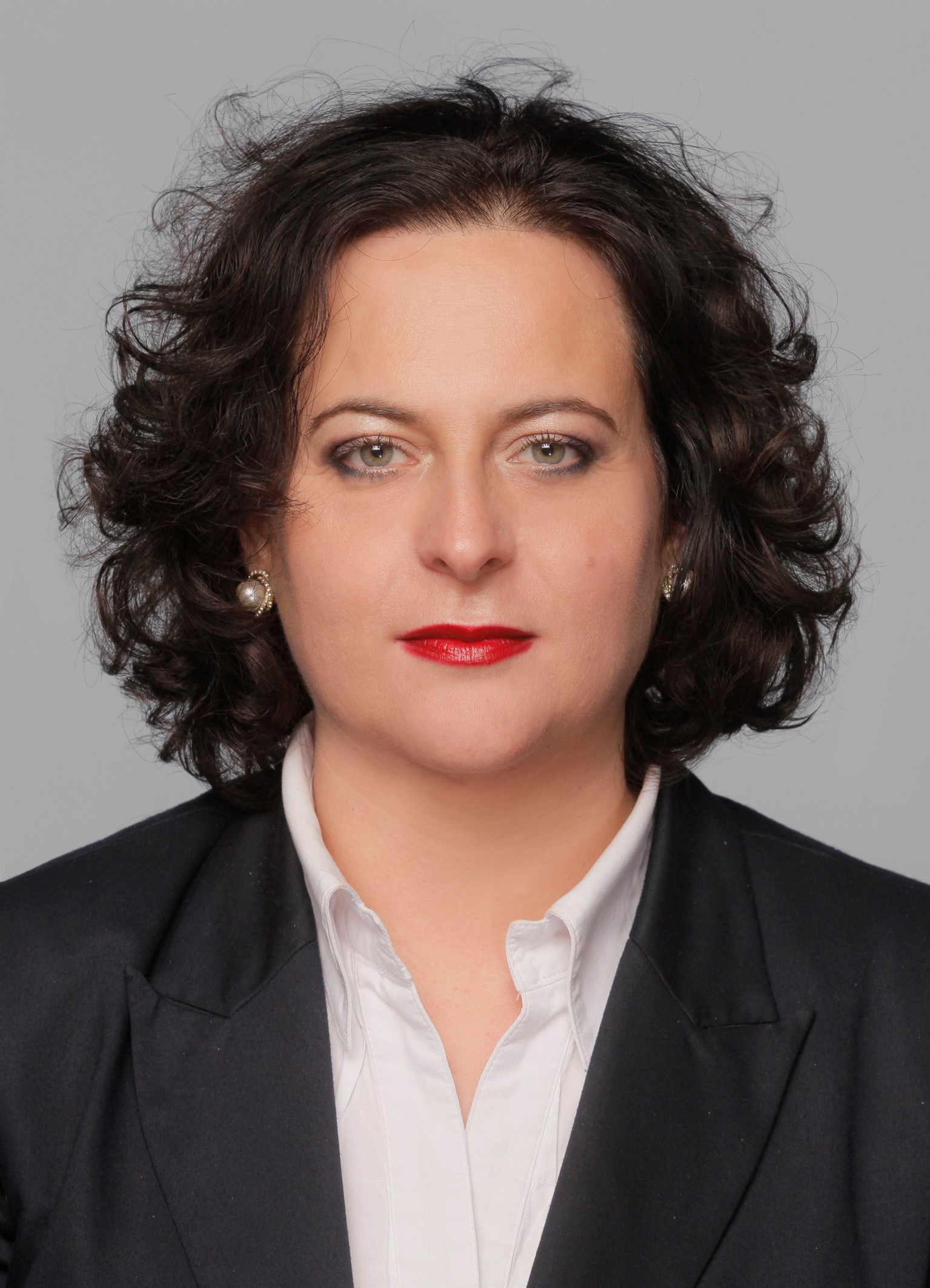
Head of the Department of Slavic Languages and Communications
Positions held/work experience
2016-2017: Head of the Department "Bulgarian Language as a Foreign Language"
2016-2017: Project Manager at Department of Foreign Language, Communications and Sport
2009-2022: Coordinator, Test Developer and Examiner of Bulgarian Language for the European Consortium for the Certification of Attainment in Modern Languages – ECL, Pécs, Hungary.
2018: Associate Professor (with registration in NACID – National Center for Information and Documentation (NACID)) 2.1. Philology Diploma No. 0177/21.05.2018
2014: Doctor of Philology, Senior Lecturer of Bulgarian Language as a Foreign Language; Bulgarian Language for Medical Purposes; Modern Bulgarian Language; Communication Skills.
Participation in projects
- International Project "Intercultural Medical Communication in Europe IMED-KOMM-EU" - 01.10.2012 – 01.09.2014.
- Enhancing the communicative competence of students in medicine, dental medicine, pharmacy, health management and healthcare by optimizing and creating new curricula in communication in the field of healthcare and specialized foreign language, meeting the current needs of hospitals and other medical institutions and the requirements of the modern information environment, 2013 - 2014, project № BG051PO001-3.1.07-0061 under the Operational Program "Human Resources Development".
- Creating a modern system for career development of lecturers at Medical University "Prof. Dr. Paraskev Stoyanov" - Varna, 2013-2014, project № BG051PO001-3.1.09-0013.
Personal scientific identifiers:
ORCID 0000-0002-0769-7918
ZOI TSIMTSIOU
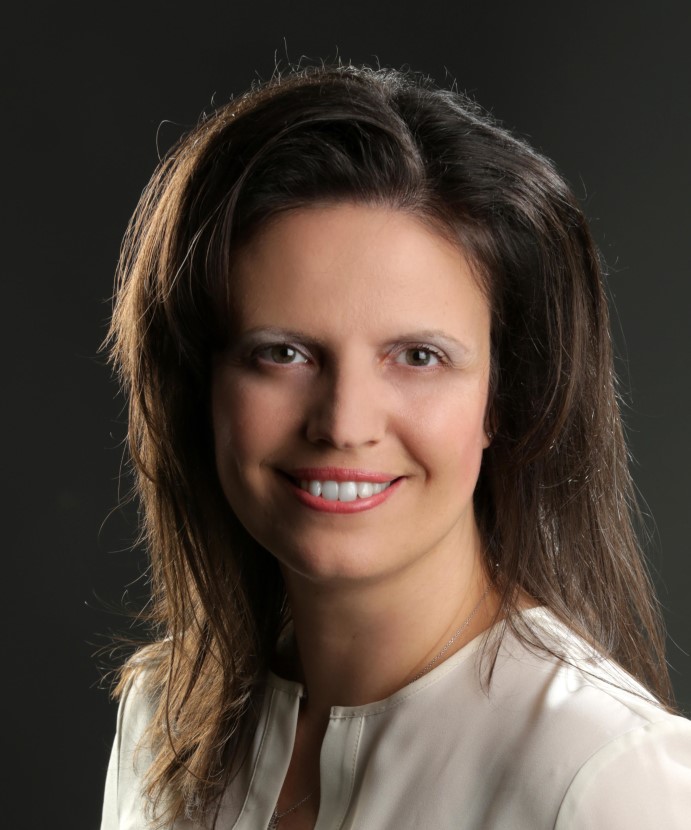
Zoi Tsimtsiou is an Associate Professor of Hygiene, Social and Preventive Medicine and the Director of the Master Program "Social - Preventive Medicine and Quality in Health Care" of the School of Medicine of the Aristotle University of Thessaloniki (AUTh) in Greece. She is a General/Family Medicine and Public Health-Social Medicine specialist with long-term clinical experience in Primary Health Care, holder of a Master's Degree in Medical Research Technology and a PhD from the School of Medicine of AUTh on the patient-centered care. She has been a post-doctoral research fellow at the Department of General Practice and Primary Care of the School of Medicine, King's College London (KCL), She is a member of the tEACH Assessment Group (teaching subcommittee of International Association for Communication in Healthcare), and a national delegate in the European Network for Prevention and Health Promotion in Family Medicine and General Practice (EUROPREV). She teaches at undergraduate and postgraduate level the subjects of Communication Skills, Hygiene, Epidemiology, Social Medicine-Public Health, Preventive Medicine, Primary Health Care and Quality of Care and Patient Safety. Her research work has been repeatedly awarded and published in national and international conferences and scientific peer-reviewed journals.
MARIJANA BRAŠ
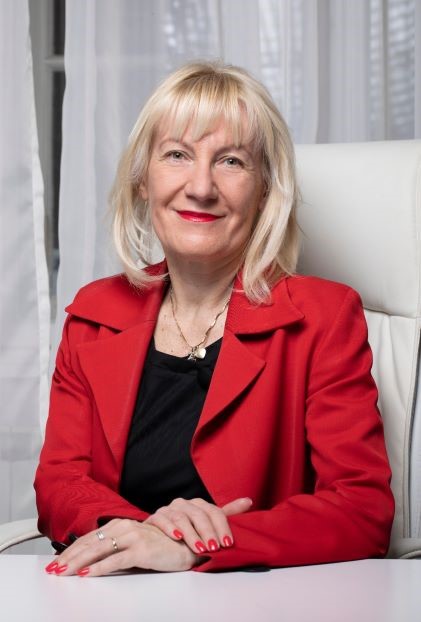
She graduated medicine at the School of Medicine University of Zagreb and completed her residency in psychiatry in 2003. She finished postgraduate study of psychotherapy at the School of Medicine University of Zagreb and postgraduate course on biomedicine at the School of Natural Sciences of the University of Zagreb. She has Master Degree in psychotherapy and biomedicine and PhD in the field of biomedicine. Special field of interest in her practice are PTSP, psychosomatic medicine and palliative medicine. For the last 20 years, he has been intensively involved (in research, education and application in practice) with all aspects of communication in medicine.
President of the Croatian Society for Palliative Medicine of the Croatian Medical Association (2009-2013). Founder and head of the course Communication in medicine (4-6th year of School of Medicine), lecturer at the longitudinal course Fundamentals of Medical Skills, where 15 hours a year are dedicated to communication in medicine (1-6th year); founder and head at the course Palliative Medicine (6th year of School of medicine). She is member of many national and international organizations (American Pain Society, European Association for the Communication in Medicine and Healthcare (EACH), American Academy for the Communication in Healthcare, Croatian Medical Association, Croatian Psychiatric Association, Croatian Association of Palliative Medicine etc.) Author of 70 scientific papers; editor of 15 books and author of more than 40 chapters in teaching and other books. Advisor to the Board of the International College for the Person-Centered Medicine and lecturer at several international pain and palliative care schools. Member of several national and international scientific projects. President of Zagreb’s Institute for the Culture of Health.

